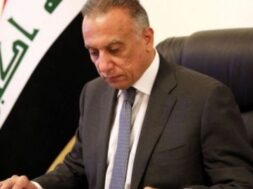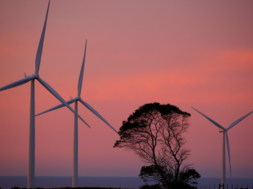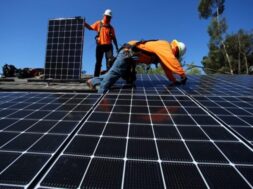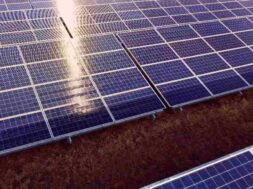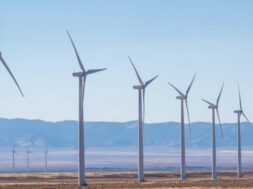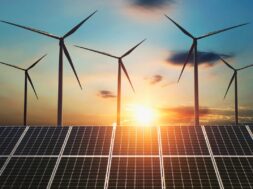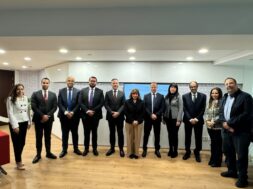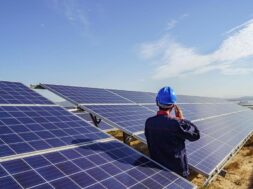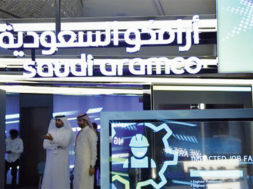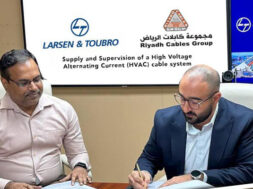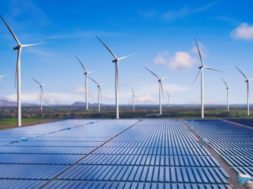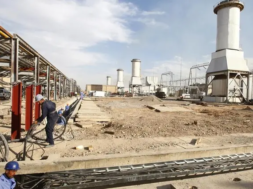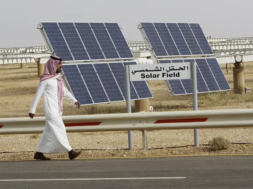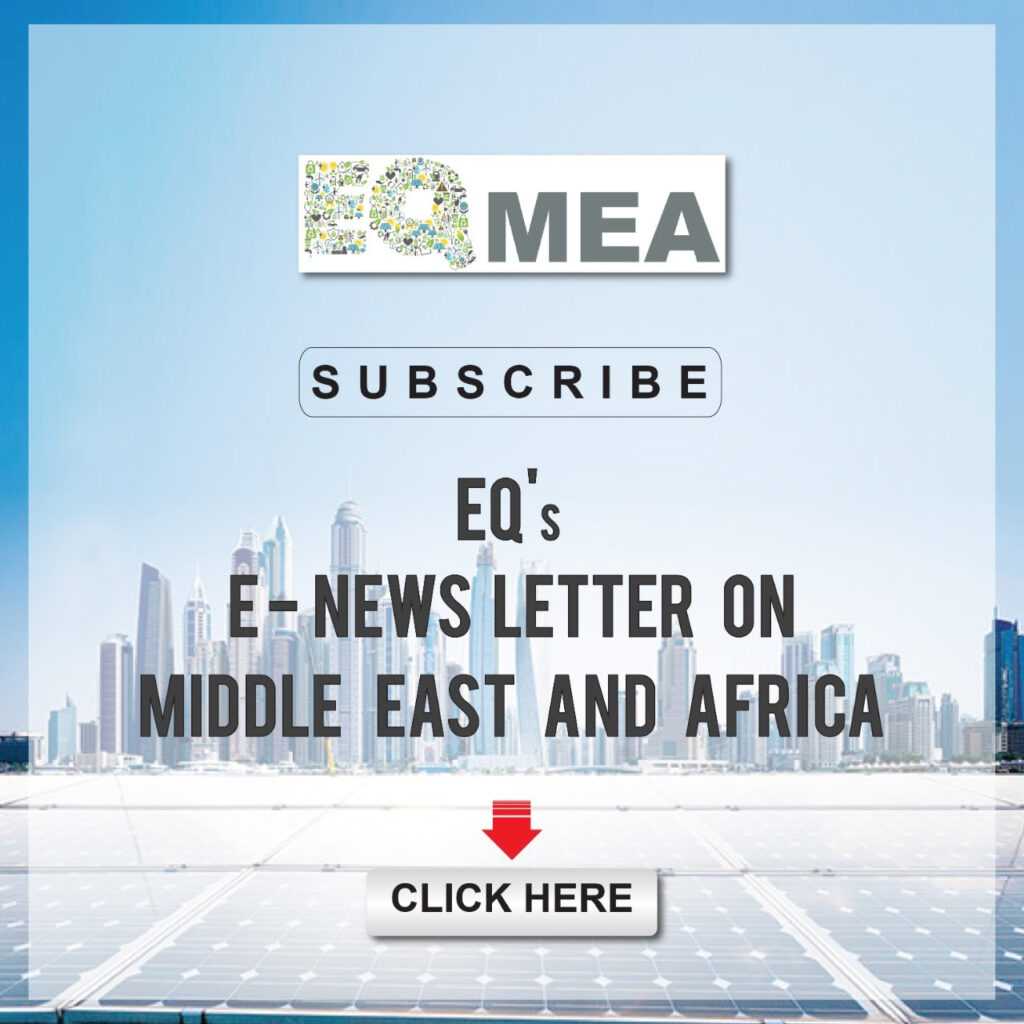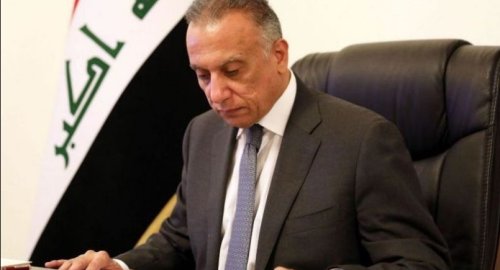
Prime Minister Mustafa Al-Kadhimi confirmed on Wednesday, that the government is working quickly to invest gas that is burned in oil fields, while referring to efforts to convert strong sunlight into electrical energy.
“When U.S. President Joe Biden comes to the Middle East this week, he will be arriving in a region facing numerous challenges, from terrorism to food insecurity and climate change,” said Al-Kadhimi in his essay that was posted by Foreign Policy Magazine and received by the Iraqi News Agency – INA. He added, “But the Middle East is also a region that is increasingly facing those challenges together under a group of leaders pursuing positive change. I will represent a resilient Iraq that stands more confidently on the international stage and is stronger than when he last visited Baghdad as U.S. vice president in 2016—or even than when we met in the Oval Office last year.”
“For many years, Iraq leaned heavily on the United States. We are grateful for the years of assistance and the sacrifice Americans have made to support us. Today’s Iraq is finding its own footing at home, in the region, and in the world. One thing I hope he takes away from our meeting in Saudi Arabia on Friday is the firmness of my and the Iraqi people’s resolve to solve Iraq’s problems with Iraqi solutions. Iraq is now a multiparty, multiethnic constitutional democracy. Yes, we are still in a protracted process of forming a new government following national elections last fall. It has taken a long time, rightly frustrating many in Iraq and abroad. I share that frustration, but I’m also proud of how our state has carried on the everyday business of serving Iraqi citizens, safeguarding the country’s natural resources, and leading regional initiatives that promote prosperity and security,” he explained.
PM Al-Kadhimi noted saying, “We now have been through nearly two decades of elections, ample proof of how entrenched democracy has become in Iraq after more than three decades of Saddam Hussein’s brutal dictatorial rule. That alone is a significant success story. The political difficulties resulting from the last elections show that democracy can be messy, and they highlight the need to embed democratic principles deeper in Iraqi public life and sustain them beyond the ballot box. The journey to a more vibrant democracy requires time, will, and leadership.”
“Since the territorial defeat of the Islamic State, Iraqis have been able to straighten their shoulders, look up again, and focus forward. Our country is no longer a passive member of the international community. We are now proactive regionally and internationally, including as the initiator and host of multilateral summits aiming to enhance regional cooperation and stability. Last year, Iraq hosted the Baghdad Conference for Cooperation and Partnership with the leaders of Egypt, France, Jordan, Kuwait, Qatar, and the United Arab Emirates and with minister-level participation from Iran, Saudi Arabia, and Turkey. The conference considered security, economic, and environmental issues whose solutions require good will, honest engagement, and cross-border cooperation. With these and other initiatives, we have been able to play a positive role in the region. They are a testament to my government’s commitment to spare no effort in stabilizing both our country and our neighborhood. While we seek a calming of tensions in bringing different sides together, we also strongly support respecting each country’s sovereignty and the need not to intervene in the internal affairs of other states.” he included.
He highlighted that the relationship of Iraq with the United States “has also changed for the better, whereas our historic cooperation revolved around security and the fight against terrorism, the relationship is now broadening to include other equally impactful societal challenges, such as economics, energy, climate change, the environment, health, education, and culture. Our strategic dialogue has developed as Iraq has progressed and the United States has transitioned into a noncombat role, broadening the scope of our relationship and deepening it in areas beyond security. Partnerships with the U.S. Agency for International Development and several other U.S. agencies and organizations assist us with necessary support and technical expertise as we move forward in building up our country.”
“The evolution of the Iraqi-U.S. relationship is driven by the needs of our country—achieving regional stability, economic development, environmental security, solutions to climate change, and food security. Iraq sits in one of the hottest, most volatile climates in the world. Dust storms, heat waves, droughts, and water shortages concern the Iraqi people as much as terrorism does,” he added. Al-Kadhimi pointed out, “Iraq remains a significant global oil producer with massive unexploited reserves, but we also understand that our economic lifeblood is contributing to our environmental challenges.
Thus, we are moving quickly to capture gas that used to be flared. We want to turn our bright sunlight into electricity that can support the development of job-creating industries for our young people. Iraq offers a lot to our region, including economic complementarity, opportunities for free trade, and energy market stability. We have built significant bridges with countries such as Jordan, Egypt, and the members of the Gulf Cooperation Council. These improved relations have produced tangible results: For example, we are connecting our electrical grid to those of our Gulf neighbors and Jordan, another vital actor in our region. Late last year, we completely paid off our war reparations to Kuwait stemming from Saddam’s disastrous 1990 attack on our neighbor.”
“Yes, we still have problems to tackle. Chief among them is that we Iraqis must strengthen the authority of the state, not least to control the proliferation of weapons outside state control. Even the most powerful countries struggle to take back guns that have ended up in the wrong hands and to protect their democratic processes. This will require a sustainable Iraqi solution, which will take strategic patience in Iraq and among our partners,” said the Prime Minister. He concluded his essay, saying “We ask that the United States and our other international partners recognize the progress we have made and the difficulties we face as we develop and protect our pluralistic democracy in a complex region. History is long in the Middle East, and we already have come so far in such a short time.”
